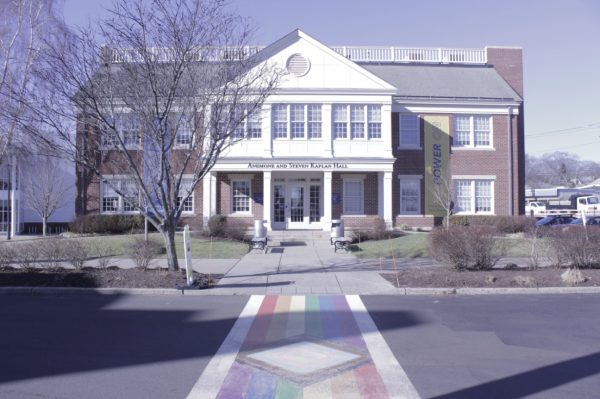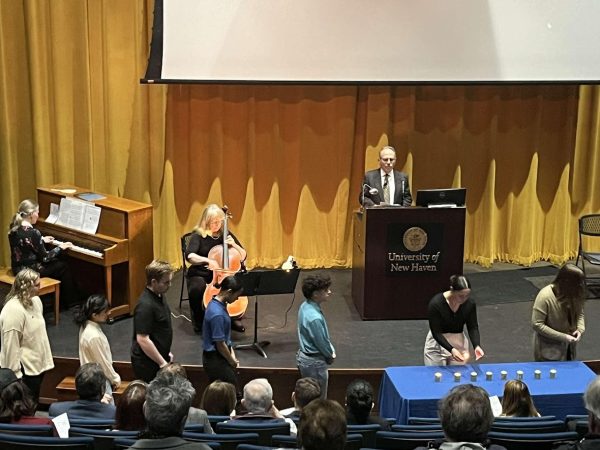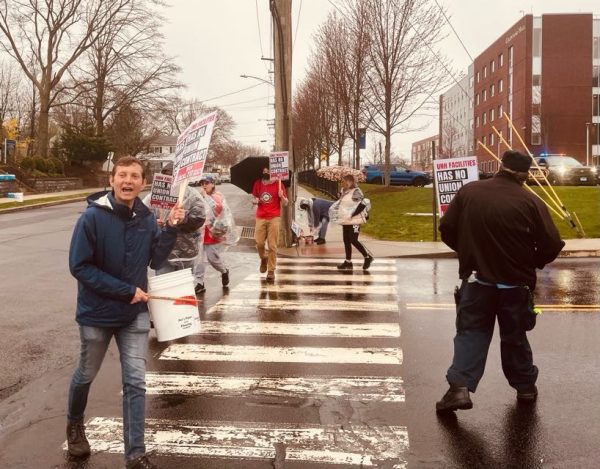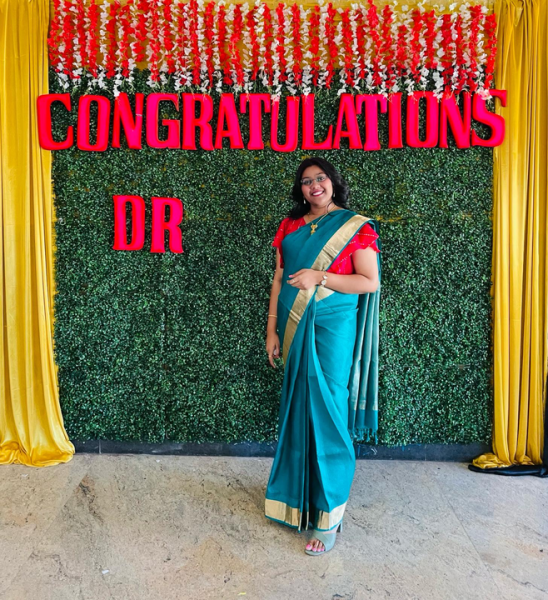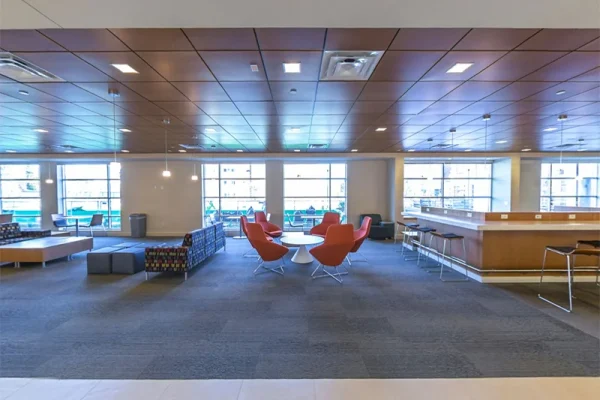Youth Political Participation at an All-Time Low
Political participation and voter turnout among young people are at an all-time low. According to civicyouth.org, the national voter turnout in the United States 2016 presidential election was 46%. Similarly, students at the University of New Haven had a voting turnout of 15.4%. My investigation found that young people are rendering themselves voiceless by failing to participate in the political process.
According to Thomas Reynolds, University of New Haven political science practitioner in residence, participation in politics plays an important role in democracy.
“Our founders felt so strongly that participation was critical to democracy that they codified protections of civil liberties to ensure that citizen capacity to participate was protected,” said Reynolds. “They knew democracy was an experiment and the only way that the experiment would last and would be successful was if citizens were informed and engaged.”
However, young voters are not as informed when it comes to voting and politics in general. Morgan Fitch, a sophomore majoring in forensic science and biology, said she would not have wanted to vote had she been of age to vote in the 2016 presidential election because she was ill-informed about the candidates and their platforms.
Bryanna Leone,senior nutrition and dietetics major said, “I feel as though I do not know enough to cast an educated vote and would rather not vote than accidentally cast one that goes against my beliefs without knowing.”
Reynolds said students should become more informed and aware of politics in order to be more involved. This would eventually increase the number of young voters in future elections.
“We just need to help them develop their skills and awareness,” said Reynolds, “I try to help students develop their news literacy – I want them to be better consumers of quality journalism, and that’s part of the mission, too, is to teach them to be better consumers of news and information and that will help build their understanding and awareness of political topics.”
New Haven students tend to compare their vote to the votes of millions of other people and subsequently think that their vote is insignificant.
“When young people feel like their vote doesn’t matter, they don’t vote,” said Dr. Kei Kawashima-Ginsberg in a New York Times article. Kawashima-Ginsberg is the director of Tufts University’s Center for Information and Research on Civic Learning and Engagement.
Jocelyn Mingolello, a freshman majoring in criminal justice, said her vote doesn’t matter “because there are more people in the world.”
Other students said they felt their votes matter.
“I do feel as though my vote matters,” said Leah Bucci, a freshman majoring in national security. Bucci says that while many people feel differently because of the Electoral College, as citizens, she feels that we still have a say in who will represent us.
The problem seems to be that the young people who want to be involved in politics are either not of age or ill-informed about the candidates.
“Every American citizen has their civic duty and to me the main one is voting,” said Bucci. “However, not everyone interested in voting can. In my case, I missed being eligible for voting in last year’s general election by only a few weeks. I was a little upset that I would have to wait two years to cast my vote, as I registered as an Independent.”
Young people are not eligible to vote until they are 18 years old and this may be part of the problem; however, according to Reynolds, it is unlikely for a lower voting age to be achieved at the national level.
“It’s worth experimenting with in local government first,” said Reynolds, “I think local government should be encouraged to experiment with it, learn from it, and then decide whether or not it should be done at the state level because there will be no grounds for support for it nationally.”
Reynolds also said that if more young people become involved in politics, they can have input into issues that matter to them.
“If young people voted at the same rate as older people,” said Reynolds, “we would have more financial aid for college, we would have better funded public universities, programs for young people who don’t go to college. But one of the reasons why we don’t have most of that is that young people aren’t typically regular voters.
Bucci said that she has never voted in an election because she was not of age and that she waited to turn 18 to finally register to vote, Now, she says she plans to vote in every election, even if she has to cast an absentee ballot.
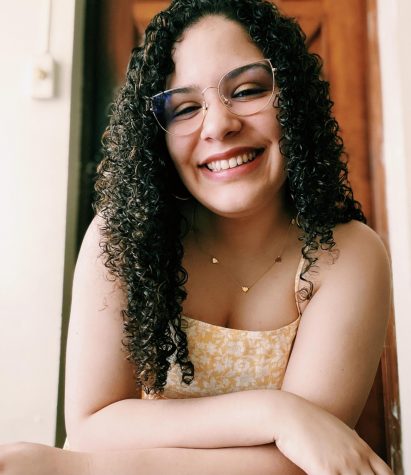
Amanda is a senior majoring in communication with a concentration in journalism, and a double minor in political science and English. She has been involved...


